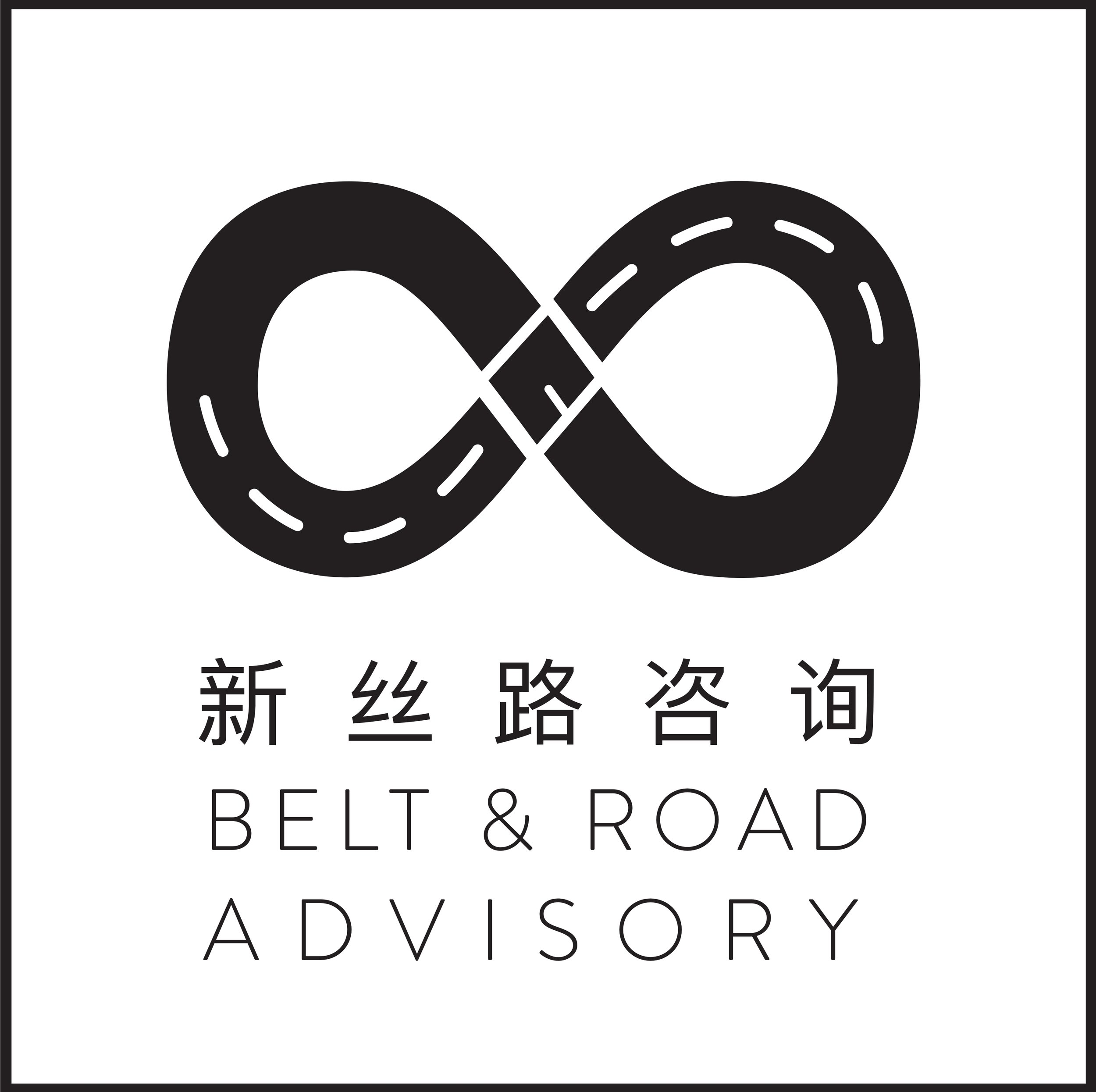Briefing - Implications of China’s new E-commerce Law on BRI Exporters
For many developing countries along the Belt and Road, the biggest opportunity that China presents is not in its infrastructure construction, but in its rapidly growing consumer market. BRI countries are hoping that they can sell more to China; driving export led growth like China once did. In the new digital age, much of that can be done through cross-border e-commerce. Hence, we thought it would be good to take stock of China’s new e-commerce law and what the key points are for BRI country sellers looking to enter the Chinese market.
China’s Taobao Mall (Tmall)
Background to China’s e-commerce market
China is the world’s largest e-commerce market (check out our primer on China’s mobile payments). According to most estimates, nearly 40% of all e-commerce done in the world today is happening in China. The growth is staggering, China’s online population now is close to 700 million and online retail sales have been growing at 30% a year. Today Chinese don’t use credit cards, logins and forgettable passwords. They instead find what they want on their phone and press a button to pay. Or on a PC they just use their phone to scan a QR code.
Cross-border e-commerce (CBEC) can refer to online trade between a business (retailer or brand) and a consumer (B2C), between two businesses, often brands or wholesalers (B2B), or between two private persons (C2C), e.g. via marketplace platforms such as Amazon or China’s Taobao (淘宝). China's CBEC trade saw its turnover rise 80.6 percent from 2016 to 90.24 billion yuan last year. Food, beverages, health care products and cosmetics were some of the key items to be sold by CBEC last year; during the same time period Taobao Mall incubated over 365 companeis to the Chinese e-commerce market. Key success stories include Thai rice and Abercrombie & Fitch.
China’s new e-commerce law: Key points for foreign businesses using CBEC
● The new law was announced after several revisions in late August 2018, and will come into force from January 1 2019.
● The law is good news for those sellers worried about China’s intellectual property protection record. For a long time, China has had a reputation for counterfeit goods and poorly protected IP. Famous international brands had their items copied and sold at a fraction of the cost in a poorly regulated e-commerce market. Now, platform operators will be heavily fined if such goods are found on their platforms. That means the likes of Taobao will have to conduct more thorough checks on their sellers. For the makers of good quality foreign goods, there is now less scope for your items being fabricated in China.
● The law also punishes the platforms if they unfairly abuse their market dominance, e.g. by giving preferential viewing to certain products and restricting the viewing of other products. Platform operators who unreasonably restrict transactions on their platforms may face a penalty of 500,000 yuan (73,260 U.S. dollars), or up to 2 million yuan in serious cases.
● Of potential concern to foreign sellers, is that the new law suggests that those sellers using cross-border e-commerce may be subject to conventional import and export regulations in China. The latter requires local registration and abidance by China’s policies including the controversial cyber security law. While final clarification has not yet been given, this could mean that foreign companies selling into China using cross-border ecommerce will have to localise their data on Chinese servers. If this risk materialises, there may be a concern about the knock on effects on consumer data privacy and anonymity.
Too big to ignore?
The new e-commerce clearly has positives with regards to IP, but potential negatives if requirements on foreign businesses using CBEC become tougher. Selling to China no doubt has its problems; whether that be clearance times at customs, regulations or requirements on foreign firms to localise data. However, at Belt and Road Advisory, we can help you navigate through this complexity and benefit from China’s rapidly growing e-commerce market.
Organise a consultation here and bring your products to the biggest e-commerce market in the world.

